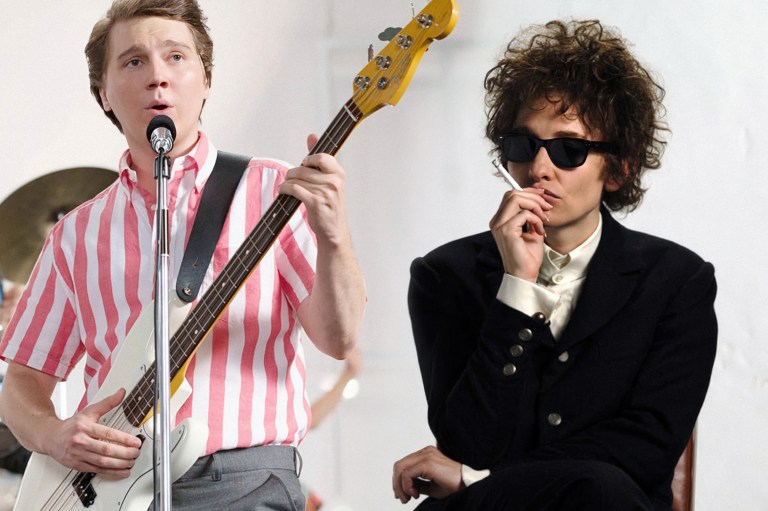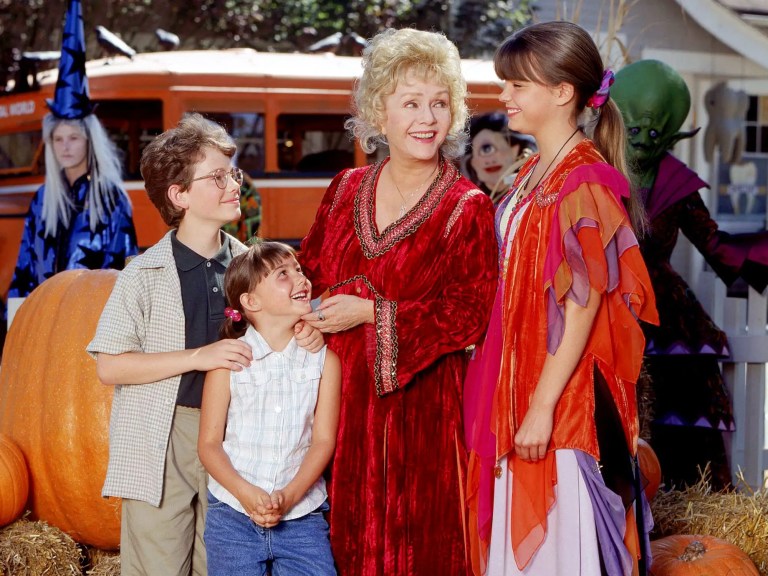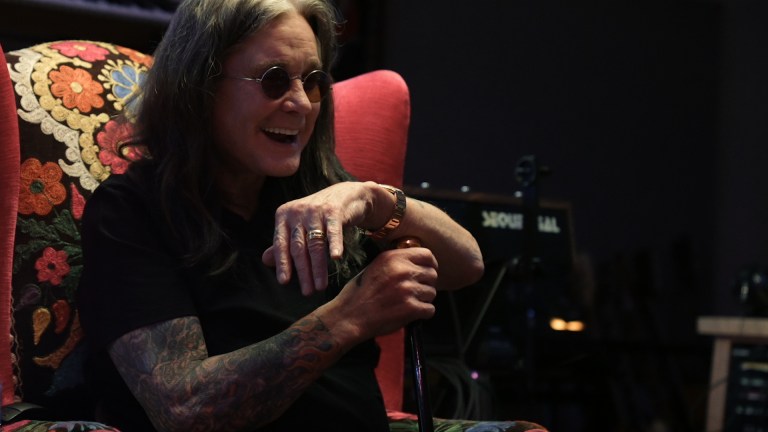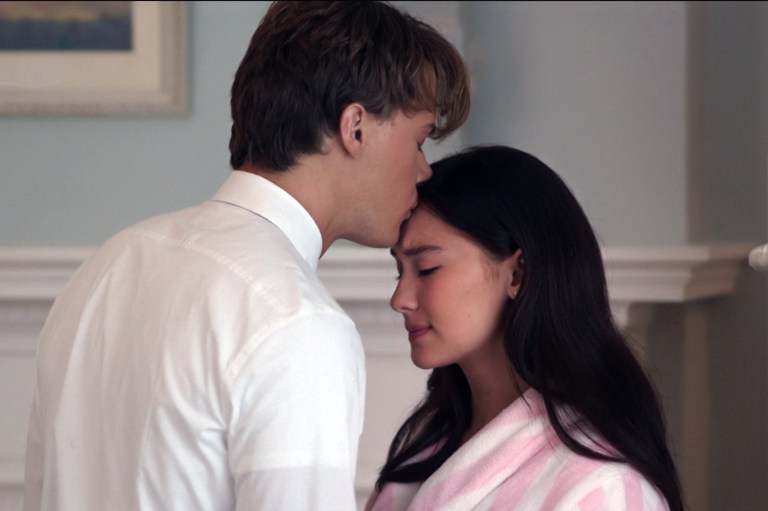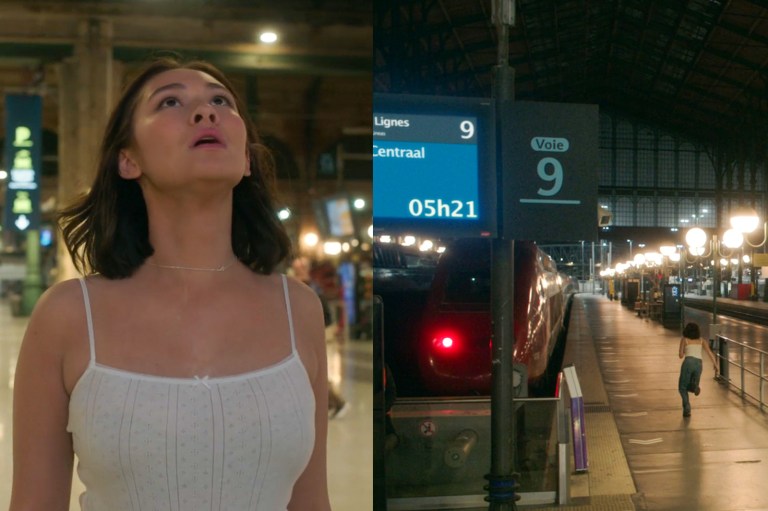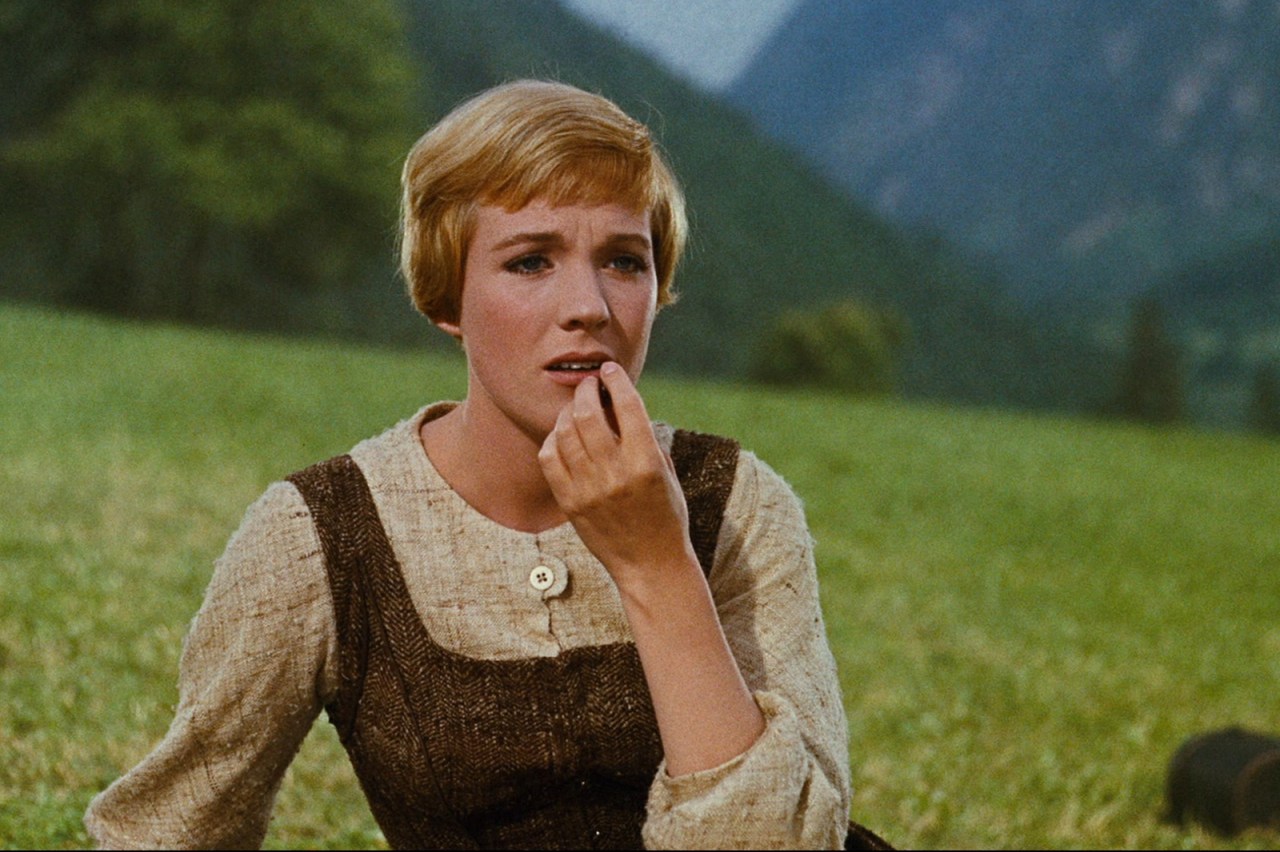
I Finally Watched ‘The Sound Of Music’ And I Found It Pretty Overrated
To this day, it’s impossible not to imagine the lush Austrian countryside without envisioning Julie Andrews spinning through the fields and bellowing out, “The hills are aliveeeee with the sound of musicccccc.”
Indeed, next to her iconic role as Mary Poppins, Andrews’ Oscar-nominated performance in The Sound of Music remains the actor’s most singularly well-known role. Relying on her undeniable charm and almost maternal on-screen warmth, Maria makes for the pitch-perfect addition to Andrews’ extensive filmography, outfitting the singer with a character adequately fit for Andrews’ foremost sensibilities as a performer.
While there’s plenty to love about 1965’s The Sound of Music – Andrews’ performance being the film’s biggest highlight – there’s also some glaring weaknesses to this universally beloved staple of American cinema (at least in this writer’s lowly opinion). Having spent decades hearing all about how fantastic The Sound of Music was, I’ll admit, I entered the movie with possibly larger-than-life expectations few finished films could likely ever live up to.
But even then, I was surprised by just how much I personally disliked about The Sound of Music, whether looking at its bloated runtime, grating pacing, or annoyingly whimsical soundtrack, the latter of which almost made me feel like I was stuck on an unending loop of “it’s a small world!” at Disneyland for three straight hours.
The Story of Family, Fascists, and Eccentric Ex-Nuns
As most viewers familiar with either the actual von Trapp family, the Rodgers & Hammerstein musical, or its 1965 adaptation likely know, The Sound of Music takes place in late 1930s Austria, the looming threat of World War II just a mere year away. With the Axis Powers slowly beginning to wrest control of Austria away from the local federal government, the days before the country’s formal annexation are numbered, with more and more Austrian citizens expressing their support for the new fascist regime.
Amidst this uncertain political and social upheaval, former naval officer Captain Georg von Trapp (Christopher Plummer) hires spirited young nun Maria (Julie Andrews) to become the governess of his seven lively children. As Maria’s presence begins to influence the household for the better, the von Trapps must contend with the imminent collapse of their nation, prompting them to flee from the encroaching Axis forces before escape is no longer a possibility.
On paper, all of this sounds fine and dandy, perhaps even forming the recipe for an exceptional musical grounded in emotion, timely social discussions, and enough humor and charm to keep audiences hooked throughout.
But to my deep surprise, The Sound of Music never really seemed to know where exactly it was going, nor what exactly it was discussing, handling each of its topics with regrettable clumsiness that left me more disappointed than actually engaged. Watching it, I felt like I had just sat through a ridiculously long sermon about the same old lessons we’ve heard about time and time again in family-friendly movies, from the importance of a stable household can have for every family member, adult and child alike, to the inherent dangers of political extremism.
The Good, the Bad, and the Way Too Long For Comfort
To be glaringly clear, even my harshest criticisms can’t take away from The Sound of Music’s overwhelmingly high levels of success. Even as I was watching it, I could recognize why people loved this movie so much, leaving little reason to wonder about its undisputed iconic status today.
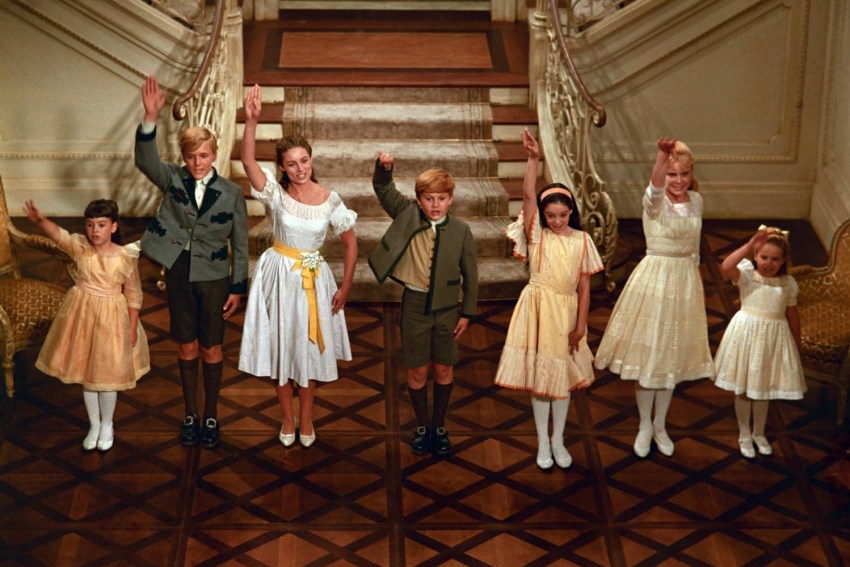
But to be quite honest, even as I identified its positive qualities (Andrews’ presence, Plummer’s surly Captain von Trapp, the kids’ adorable performances), I had to wonder why exactly The Sound of Music’s popularity eclipsed so many other – in my opinion, better – musicals from the 20th century. Is it the humor? Because Willy Wonka & the Chocolate Factory was a lot funnier than this movie. Is it the singing? Heck, Funny Girl had more variety and arguably better music than this film. Is it the politically relevant or socially poignant messages? Because again, Cabaret and South Pacific both had a more adept handle on each of their themes, with Cabaret in particular doing a remarkable job depicting the fall of the Weimar Republic and the rise of the Axis powers.
In truth, The Sound of Music was just okay – in my opinion, of course. I could perhaps understand why a few people might list it as their favorite musical, but to be widely regarded as one of the greatest films of the last century, right alongside other well-regarded classics like The Godfather, Citizen Kane, The Wizard of Oz, and Casablanca? That I assuredly don’t understand. Is it good? Yes, good enough, I suppose. But is it great? In my estimation, no – not even close, in fact.
If you haven’t seen The Sound of Music and want to see if you agree with me, you can watch it on Disney+.
